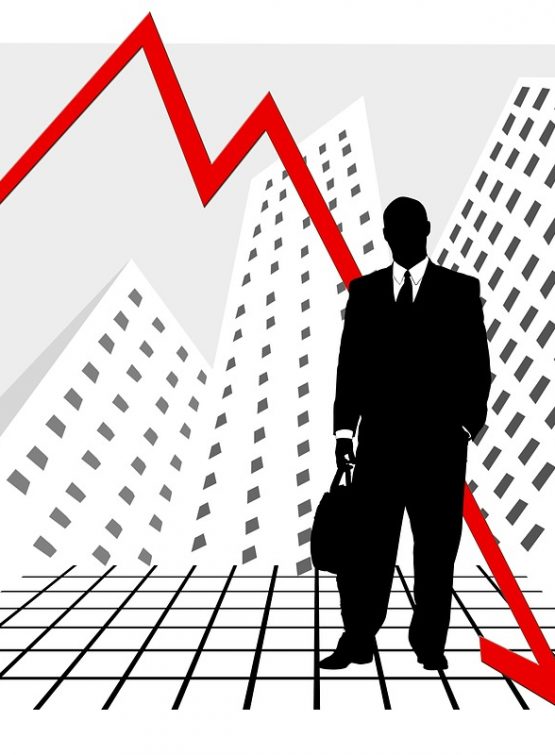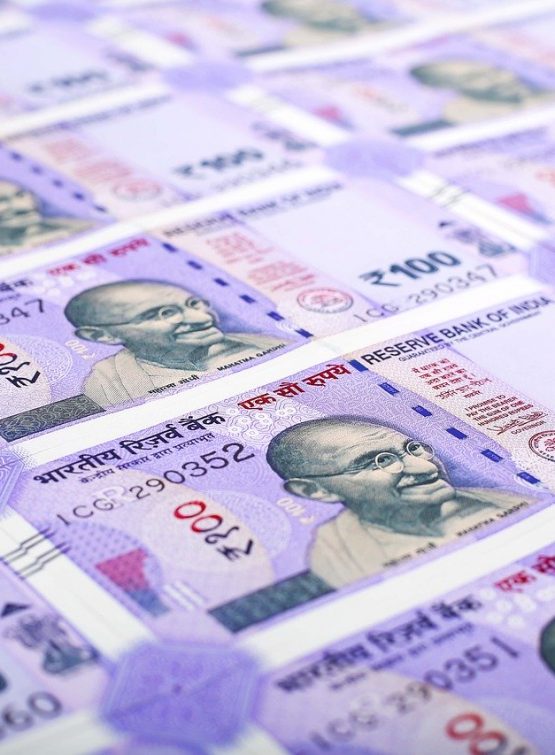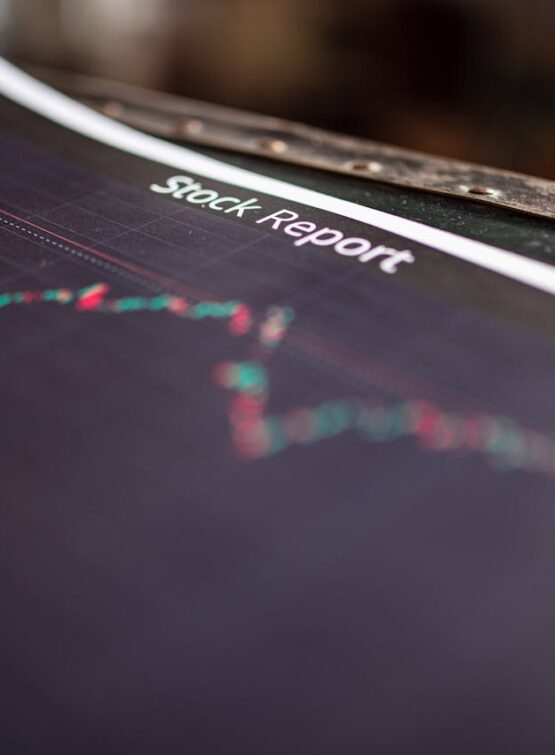Recession, Economic Crisis, Economic Depression, whatever may be the term we use, the economic situation is always distressing or even worse for the affected region.
Recession means a significant decrease in the general economic activity of a state, country, or the whole world. Normally, if there is an economic decline in GDP (Gross Domestic Product) for the two quarters in a row, it is termed as a recession. Other factors like the rise in unemployment, decline in consumer spending, drop in industrial production, etc. are indicators of recession.
If the recession is too deep and continues for over years, it is referred to as Economic Depression.
Economic or Financial Crisis means a sharp reduction in the prices of assets, where the businesses and consumers cannot pay back their debts and face severe liquidity shortages.
The reason why I explained to you about these economic terms is that the Covid-19 or Coronavirus, the pandemic shivering the whole world and decimating the global economy, is an amalgamation of economic recession, depression, and crisis.
I have tried to provide you some assistance on what you can do to get through this crisis without too much economic loss. You know that the entire country is under the lockdown from 22/03/2020 to 03/05/2020. The Government might extend the date further if the number of cases keeps on rising over time.
A Major Jolt to our Economy:
As of 2019, the GDP of India is over 3.2 trillion dollars or ₹2,39,75,295 crores. GDP means the total monetary value of all the goods and services produced within the country over a period i.e. for one year.
According to survey reports, this economic shutdown would cause the loss of over ₹ 17.8 lakh crores. The Indian economy is already under pressure with GDP growth reducing every quarter from 8.1% in Q4, 2018 to 4.7% in Q3, 2020. According to rating agencies, the GDP growth for the year 2020 might be around 2.5% amid the lockdown all over the country.
The consequences might persist for six months or one year after the lockdown is lifted. I am not going to bore you with all the numbers. I will stop projecting the statistics and get into the main motif of our article.
So, to make it simple for you, the entire country will be shut down except for essential goods and services for 40 days or more. The government has no other choice to contain the spread of deadly Coronavirus.
There will be a deluge of consequences of this lockdown on the economy. Many people who are under the unorganized sector will be affected the most. People with some businesses such as hair salons, apparel showrooms, hotels, etc. are going to suffer financially.
It is like going for a whole month with zero business, but the expenditure like rent of the showrooms, inventories, EMIs, etc will exist. It is a very critical period; we shall expect that there will be assistance and support from the government to the affected communities and poor people.
How can a common person see through this crisis in a better way?
Any economic crisis or recession involves liquidity issues and solvency issues.
It is very important in economically tough situations like this to manage our earnings or salary as effectively as possible. Of course, we will be stuck in our homes during the lockdown. After lockdown, we will be free again to get back to our routines.
Even after lifting the lockdown, the economic crisis shall only worsen further. It is better for all of us, especially for poor and middle-class people to spend the money conservatively. If we do not control our spending, we might end up in debt, and liquidity issues converts into solvency issues.
Simply put, the liquidity crisis means the unavailability of cash or its equivalents to pay our current expenses. It is like we have enough money with us, but it’s in fixed assets like plot or real estate, and we can’t sell those assets abruptly for small expenses. The solvency crisis is a dangerous situation, which means we do not possess any cash or assets to pay our expenses and debt.
We should be very careful with the money. Indians are very good at their savings. The household savings rate in India is around 18% of the earnings as of 2019. Unfortunately, it has come down from 23% in 2012.
In the US, it’s only 7.6%. That might be the reason why US government could not impose a complete lockdown despite huge number of Coronavirus cases. Because people would face severe liquidity issues. Their economy is huge and very different from us.
Let’s see a simple illustration. For example, a person earning ₹30000/- is saving at an average rate of 18% for the last two years. They shall have accumulated about ₹129600/- in the savings account. Let’s assume that the family expenses are ₹24600/-(82% of ₹30000/-). In the current scenario of a lockdown, their family has the safety deposit enough for at least five months. Even if that person does not receive any income during that time, they may not face liquidity issue.
Compare that with the savings rate of 7.6% in the US. Under a similar assumption, i.e. the personal earnings of ₹30000/- for the last two years. They shall possess only ₹54720/-. The safety deposit will last only for two months.
My Suggestion:
I am sure that most of you would have been following the even better approach to saving. My suggestion is very simple. Spend 50% on needs, 10% on wants, and 40% on savings.
- Needs include food, shelter, healthcare, school fees, electricity, and other bills.
- Wants comprise recreation, costly apparel, tours and travels, movies, etc.
- Savings could be in the form of bank deposits, investing in stocks and bonds, real estate, and assets, etc. It’s better to hold as much liquid cash as possible in the crisis.
At least, try this approach for six months until the circumstances in our country and the world get better. The ideas shared in the article may seem too easy and primitive. Believe me, a lot of people do not follow this simple logic and spend money in a hasty way.
As of now, my financial allocation since 2016 is 40% – 50% for needs, 10% for wants, and 25% for savings and 25% for investments. But under the upcoming financial crisis, I would like to increase my savings to 50% . I am not planning any investment for the next 6 months.
Let’s hope that this Coronavirus scare would be over, and the country and the whole world returns to normal situations. Thank you for spending your time on this lengthy yet worthy article.
Disclaimer:
I provide the information and my views on the website only to educate new investors, stock market enthusiasts, and the common public on equity or stock market investments. Please consult your financial adviser before making any investments in the stock market. In case of any queries, you can contact me via email ID or Contact Form.




